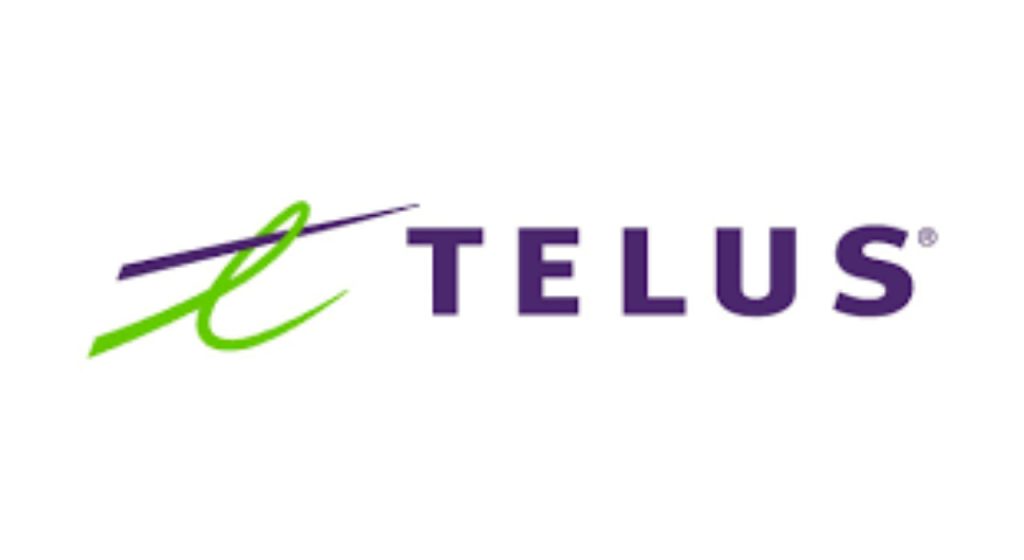- The new facility in Rimouski, Quebec is 100% Canadian-controlled, with data sovereignty, operational control, and data residence entirely inside Canada.
- It is powered by leading AI hardware from NVIDIA and infrastructure from HPE, plus TELUS’s PureFibre network; it also claims 99% renewable energy usage and environmental measures such as reduced water consumption via natural cooling.
What happened: TELUS launches sovereign AI hub in Rimouski with green credentials and early adopters
On 24 September 2025, TELUS officially opened what it describes as Canada’s first fully sovereign AI Factory in Rimouski, Quebec. The facility is intended to offer local businesses, public institutions, and researchers access to high-performance AI compute—including model training, fine-tuning, and inference—all hosted domestically to ensure sovereignty over data, control, and compliance.
The AI Factory is constructed using the latest generation GPUs from NVIDIA, infrastructure partnership with HPE, and operates over TELUS’s PureFibre network. It is designed for high security at multiple layers (data residence, operational control) and is aimed at institutions in regulated sectors (e.g. healthcare, financial services, public sector).
TELUS claims strong environmental credentials: the facility is powered by 99% renewable energy, has three times the energy efficiency of the industry average, and cuts water use by over 75% via natural cooling systems.
Several major organisations have already lined up as users: League will use it for healthcare-oriented AI, Accenture for sector-specific AI deployments, and OpenText for cloud AI solutions under its Aviator platform—particularly where data residency, security and compliance are critical.
Also read: Meta widens Llama AI access to US allies
Also read: Infosys extends Sunrise deal to speed IT modernisation and AI
Why it’s important
There is growing concern in Canada (as in many countries) over dependence on foreign AI infrastructure and cloud services, particularly for sensitive or regulated data. By building a “sovereign” facility, TELUS is asserting that Canadian entities ought to have the option to keep data, intellectual property, and compute locally. This responds to regulatory, privacy, and national security pressures.
If the facility delivers on its promises, it could help accelerate AI innovation within Canada by reducing latency, enhancing legal/regulatory certainty, and allowing sectors with strict data constraints (health, government, finance) to build advanced AI solutions without external dependencies.
However, several questions remain. How cost-competitive will this offering be compared with cloud providers abroad? Will having sovereignty in infrastructure translate into genuine advantages in performance, compliance, or trust? Also, ensuring that security is robust against emerging threats will be critical—building locally doesn’t automatically imply ideal security.

